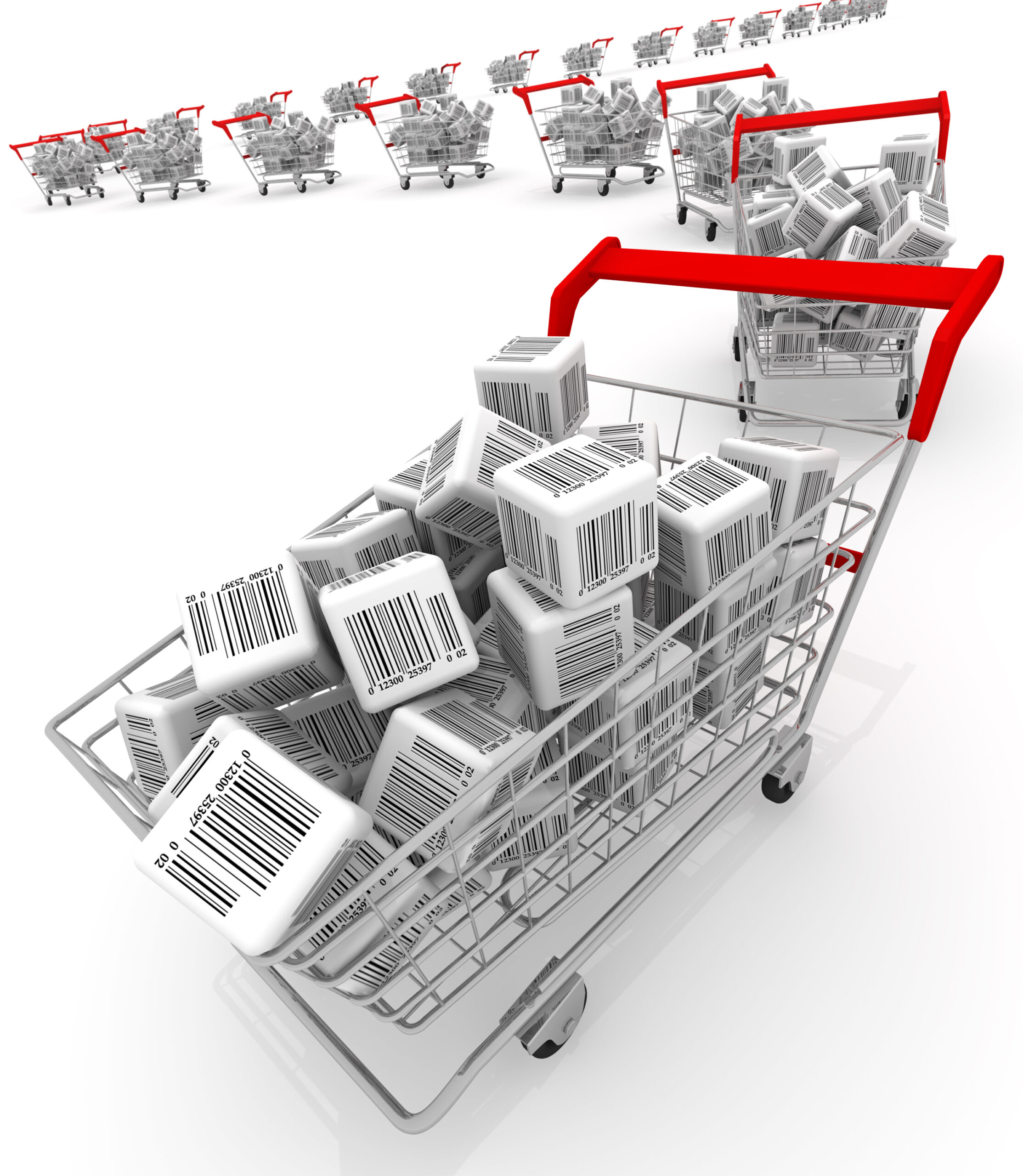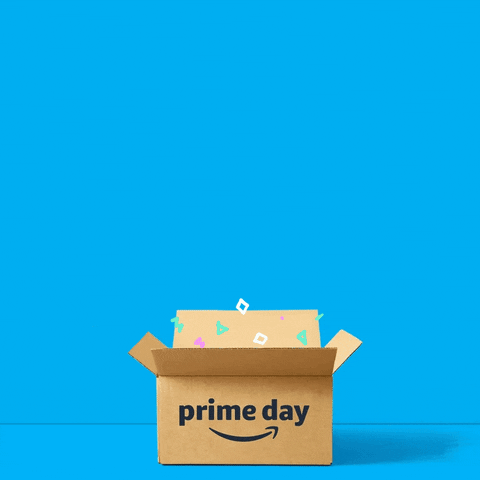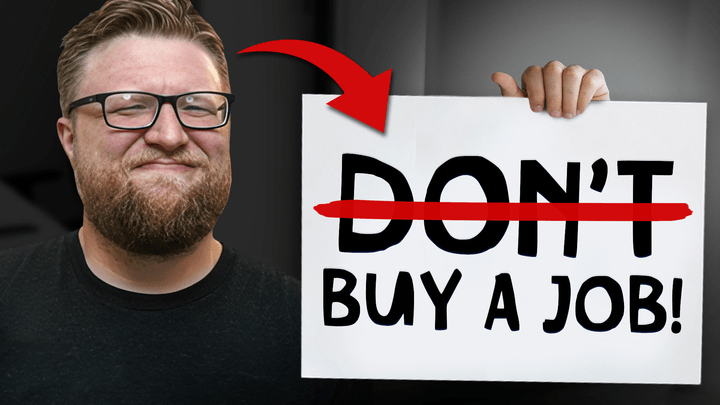This Week in M&A Issue #211
What’s up, top dog?
Today’s trend of the week is “pet costumes”. 🐶
Americans shelled out a staggering $860 million to dress up their pets for Halloween this year, a 22.9% jump from 2023 and roughly 61% of what’s spent on kids’ costumes, according to the National Retail Federation.
Nearly half of pet owners now buy Halloween outfits for their furry (or even scaly) friends, with retailers like PetSmart and Petco offering costumes for everything from dogs and cats to rabbits and lizards. The most popular look? The ever-charming pumpkin, followed by hot dogs, bumblebees, ghosts, and superheroes.
Niche pet ecommerce stores, print-on-demand costume lines, and pet-focused influencer partnerships can all tap into the enthusiasm of pet parents willing to splurge on seasonal joy. Many owners also want to show off their dressed-up companions, driving demand for accessories, photo props, and even virtual costume contests.
And the demand doesn’t stop at Halloween. 70% of pet owners plan to buy holiday gifts for their animals, with over a quarter spending more than $100. Entrepreneurs who embrace the “pets-as-family” mindset and create fun, shareable, and personalized products could turn this growing affection for four-legged family members into serious year-round revenue.
Today we have for you:
- Amazon’s 12-day Black Friday 2025: The longest shopping event yet
- Amazon rolls out free AI translation for KDP authors
And:
- The art of post-acquisition growth
- When “buying a job” beats buying an investment
- Amazon’s AI assistant Rufus drives $10 billion in sales
Alright, let’s dive in.
Amazon
Black Friday Goes Big with Amazon’s Record-Breaking 12-Day Sale
Amazon has officially announced its Black Friday and Cyber Monday event, and this year it’s bigger than ever. The sale will run from November 20 through December 1, a 12-day shopping marathon that may be the longest continuous Black Friday event in eCommerce history.
By stretching the traditional weekend into nearly two weeks, Amazon meets growing demand for flexible, deal-driven shopping while keeping pace with other major retailers like Walmart, Target, and Best Buy, which have already launched early promotions.
Longer events also benefit Amazon’s technology. Its algorithms can continuously optimize product recommendations, manage traffic more efficiently, and reduce fulfillment bottlenecks that often occur during single-day sales. For sellers, this means a bigger window to reach buyers, fine-tune advertising, and boost sales.
Amazon is also spotlighting small businesses through its dedicated Small Business Holiday Shop. The curated shop highlights unique products from independent sellers, organized with gift guides, categories, and deals.
U.S. sellers can also apply for a Small Business Badge to help them stand out from the crowd. Shoppers who like to support small businesses can use the Small Business filter to discover products from businesses with the Small Business badge.
This year, the stakes are higher than ever. The National Retail Federation expects U.S. holiday spending to surpass $1 trillion for the first time, making competition for consumer dollars fierce.
For sellers, the opportunity comes with new challenges: longer campaigns require careful inventory planning, early promotional setup, and ongoing monitoring to maximize performance. But for those who prepare, the extended event offers more days to attract buyers and grow revenue, making it a critical moment in the year for anyone selling on Amazon.
The Opportunity podcast
How to Grow Like Private Equity After You Buy a Business
Buying a business is only the first step. What you do next determines whether it thrives or stalls.
In this week’s episode, Greg Elfrink shares how to approach post-acquisition growth like a private equity investor, breaking down the key steps to transforming a new acquisition into a scalable, high-performing asset.
From strategies for building leverage through efficiency, optimizing pricing, removing bloat, and discovering inorganic growth opportunities, Greg provides a roadmap to post-acquisition success.
If you’ve recently bought a business, or plan to, this episode is packed with practical, proven insights to help you grow smarter, stronger, and more profitably.
Amazon KDP
Amazon’s New AI Translation Service Helps KDP Authors Go Global
Amazon has launched Kindle Translate, a new AI-powered tool designed to help self-published Amazon KDP authors easily translate their ebooks into other languages.
The service, currently in beta, aims to help writers reach new readers by translating their books across languages, starting with English to Spanish and German to English, with more languages on the way.
Amazon says less than 5% of books on its platform are available in more than one language, leaving a huge untapped market for translated content. Kindle Translate could help fill that gap by making translation faster and more affordable, especially for independent authors who often can’t afford professional translators.
Authors can access Kindle Translate directly through their KDP dashboard, select the target language, review the translated version, set pricing, and publish. Readers will see translated books clearly marked as “Kindle Translate” titles, with the option to preview samples before buying.
While the promise of automated translation is appealing, Amazon admits AI isn’t flawless. Authors are encouraged to review their translations before publishing, though this may not help much for languages they don’t speak. The company says its AI models are “automatically evaluated for accuracy,” though it hasn’t shared how that process works.
Currently, the service is free to use, a major draw for indie authors who have struggled to find reliable, cost-effective translation options. Early testers have praised this feature, calling it a “game changer” for global reach. Books translated through the service can also be included in KDP Select and Kindle Unlimited, allowing authors to tap into Amazon’s broader distribution and subscription networks.
Read All About It!
💡 200+ AI-powered income ideas: turn AI into a money-maker
✅ How to do a complete local SEO audit: 11-point checklist
📚 Best business books of 2025: 9 books to guide and inspire you
🤝 A guide to selling your business to an SBA-backed buyer: what to know
YouTube
The Hidden Advantages of Buying a Labor-Intensive Business
When you’re just getting started buying businesses, the advice you’ll hear most often is “Don’t buy a job. Buy an investment.” But what if buying a job is actually the smartest move you can make?
In this week’s video, Greg breaks down why first-time buyers shouldn’t overlook labor-intensive businesses.
While these businesses might not attract the big players, they often come with strong profits, established systems, and lower valuations. That means you can get in at a more affordable price, start generating income right away, and then reinvest your profits into building systems that make the business less dependent on you over time.
If you’ve been struggling to find a deal that fits your budget, this video will show you why “buying a job” might be the best way to start your journey as an entrepreneur.
Amazon
Rufus Is Making Amazon Smarter and Sellers Richer
Amazon’s AI-powered shopping assistant, Rufus, is proving to be a major sales driver. During its latest earnings call, Amazon CEO Andy Jassy revealed that the chatbot is projected to generate an additional $10 billion in annual sales.
Launched in early 2024, Rufus lives inside Amazon’s app and website, helping shoppers research and compare products without leaving the platform. It’s been trained on Amazon’s vast catalog, customer reviews, Q&As, and web data. According to Amazon, 250 million customers have used Rufus this year, with interactions up 210% year-over-year. Shoppers who engage with it are 60% more likely to make a purchase than those who don’t.
Amazon says the $10 billion figure reflects Rufus’s “downstream impact,” measuring not just direct sales but purchases influenced by the assistant. Internal documents suggest the tool could contribute over $700 million in profits this year, rising to $1.2 billion by 2027, partly through ads embedded in its responses.
The company continues to expand Rufus internationally and enhance its features, including a new “Help Me Decide” option that guides customers overwhelmed by choices. This helps Amazon to keep shoppers within its ecosystem, competing with external search engines and AI tools like ChatGPT.
Money Nomad
Looking for a side hustle?
Try Money Nomad, our sister marketplace built specifically for profitable side hustles and micro-businesses that are too small for Empire Flippers.
Check out this recent listing available on the Money Nomad Marketplace:
Listing M20134 – Open to Offers
eCommerce | Retail & Wholesale
WearWood is an established brand that sells wooden sunglasses through its Shopify website and wholesale partners. The business has strong gross margins (about 75% retail, 50% wholesale) and previously generated up to $6,000/month in profit. All sales over the past several years have been organic or repeat customers, no paid ads or outbound efforts. There’s over $50,000 in retail-value inventory included, along with supplier relationships, a 2,300-subscriber email list, and existing wholesale accounts. The brand has a loyal customer base, excellent reviews, and a unique eco-friendly angle: two trees are planted for every pair sold. This is a turnkey operation ready for a buyer who wants to scale it through marketing, wholesale outreach, or expansion onto marketplaces like Amazon. Learn More
Subscribe to the This Week in M&A Newsletter
to Get Content like This in Your Inbox Every Friday




![The Art of Post Acquisition Growth [Ep.192]-min](https://1745913.fs1.hubspotusercontent-na1.net/hubfs/1745913/The%20Art%20of%20Post%20Acquisition%20Growth%20%5BEp.192%5D-min.png)


